Adolf, the visionary craftsman, and Rudolf, the shrewd businessman, took their first steps in 1920s Germany. Their dream: to create modern and durable athletic shoes. However, this family business turned into a battlefield of divisions, both in production and emotions.
Brotherly Duel: More than a Movie, a Lesson in Business and Marketing Life
The film "Brother's Duel," directed by Oliver Dommenget in 2016, sheds light on the intense rivalry between the Dasslers. This German film is not only a lesson in business history but also an immersion into ontological and business coaching.
The hatred between the brothers, a manifestation of their pride, becomes the engine of their growth. The persistent question is: what would have happened if either of them had yielded? How would it have impacted the history of marketing and sports marketing if Adolf had not seen the cleats he invented with the brand that would later become Puma?
From Herzogenaurach to the World
The Dasslers founded their factory in 1920 in their small town in southern Germany, Herzogenaurach. They started without a brand but always with quality. The 1936 Berlin Olympics and Nazi pressure marked a crucial point. Jesse Owens, the outstanding African-American athlete, became a key element in the brothers' separation but also propelled their respective brands.
Puma vs Adidas: Paving the Way for Sports Marketing
The historic rivalry between these giants contributed to the advancement of the sports world and benefited consumers. The separation led Adolf to establish Adidas in 1949, while Rudolf, nicknamed "Puma," created his own brand in 1948. Since then, their fierce competitiveness has laid the foundation for what we now know as sports marketing.
A Legacy of Competitiveness
The story of Adidas vs Puma is not just a chronicle of sports marketing but also a testament to human resilience and passion for competition. From humble roots in Herzogenaurach to the pinnacle of the sports world, the Dasslers left an indelible legacy, and their brands continue to define the game, not only on the field but also in the fascinating universe of sports marketing.
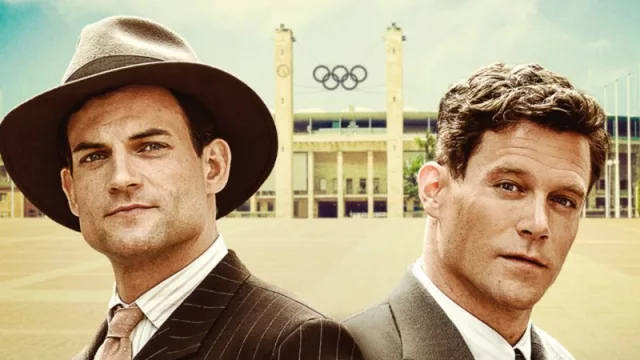
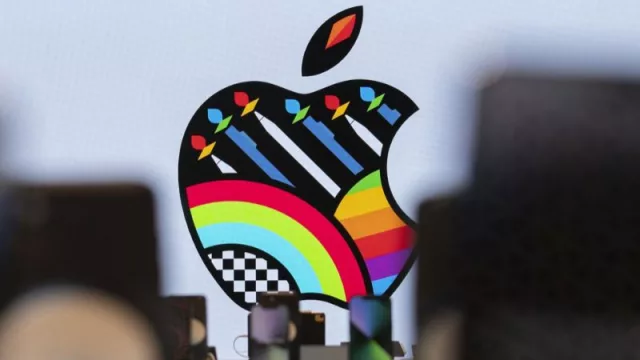



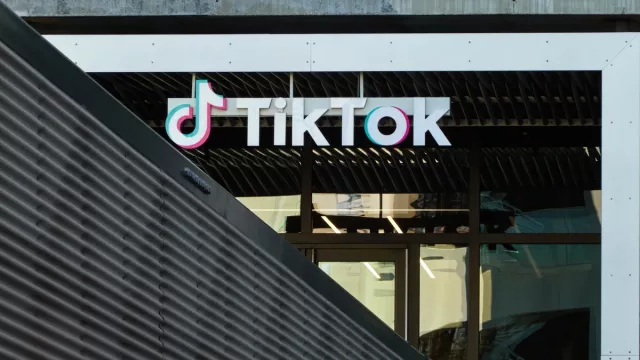
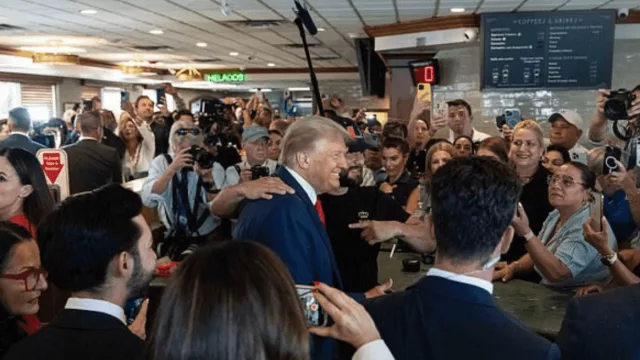

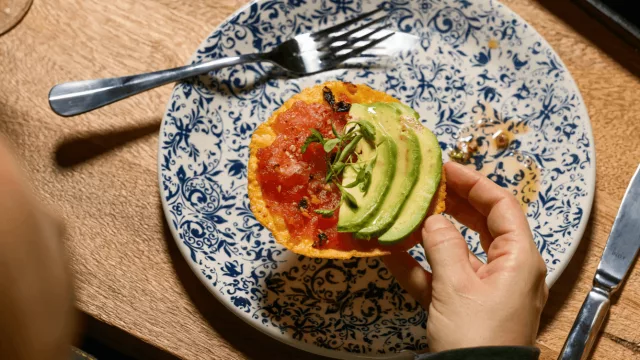

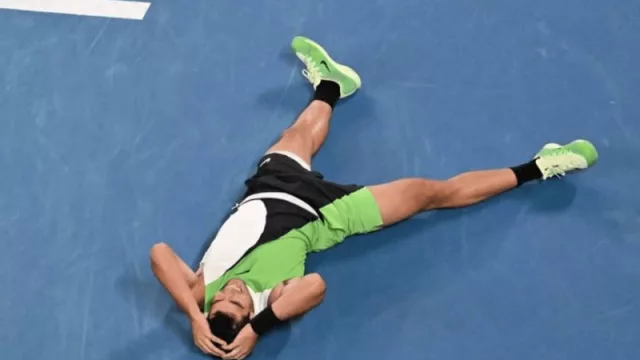

Tu opinión enriquece este artículo: